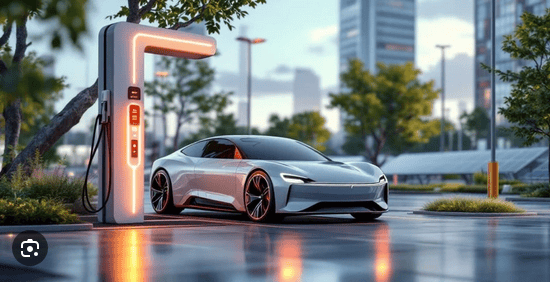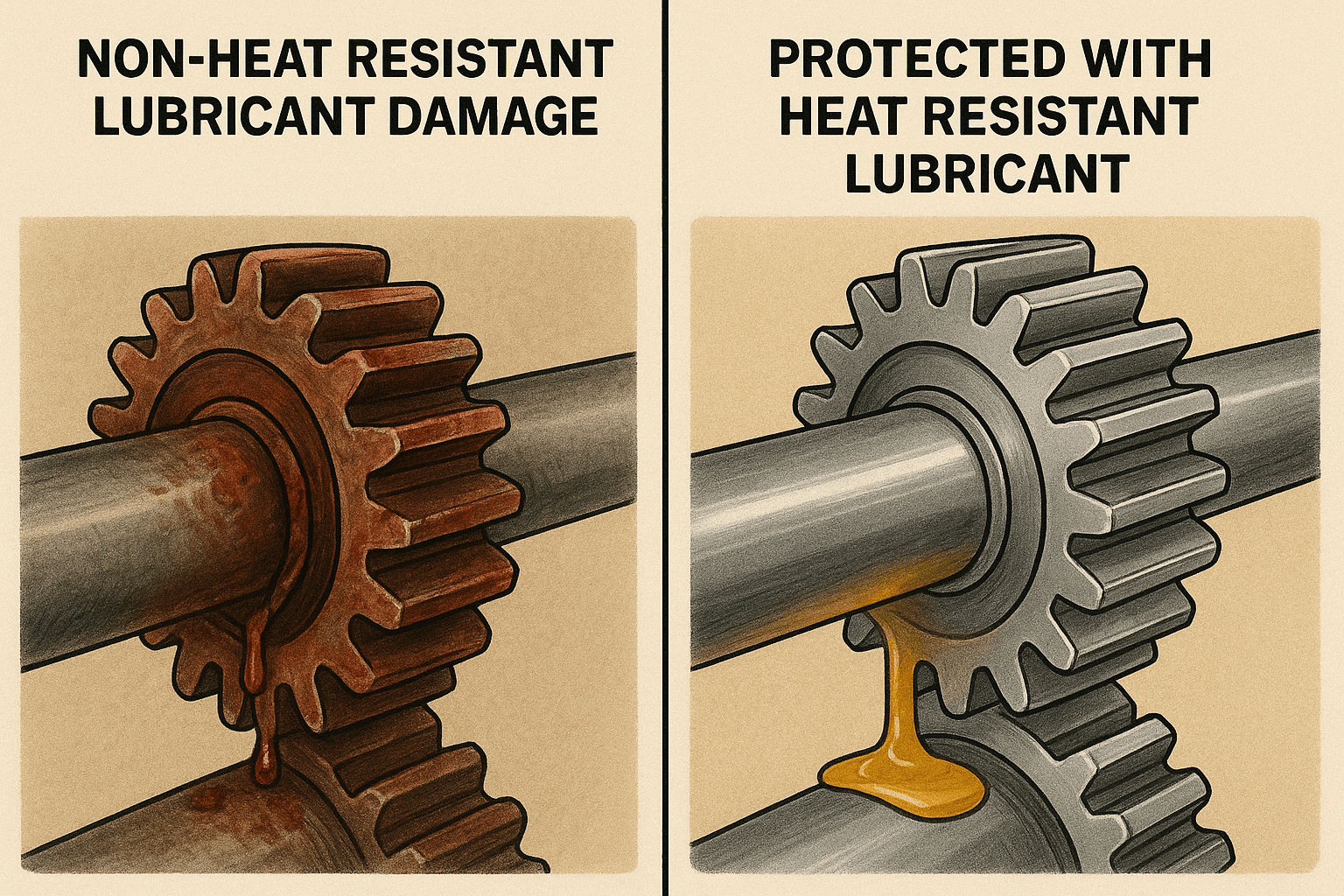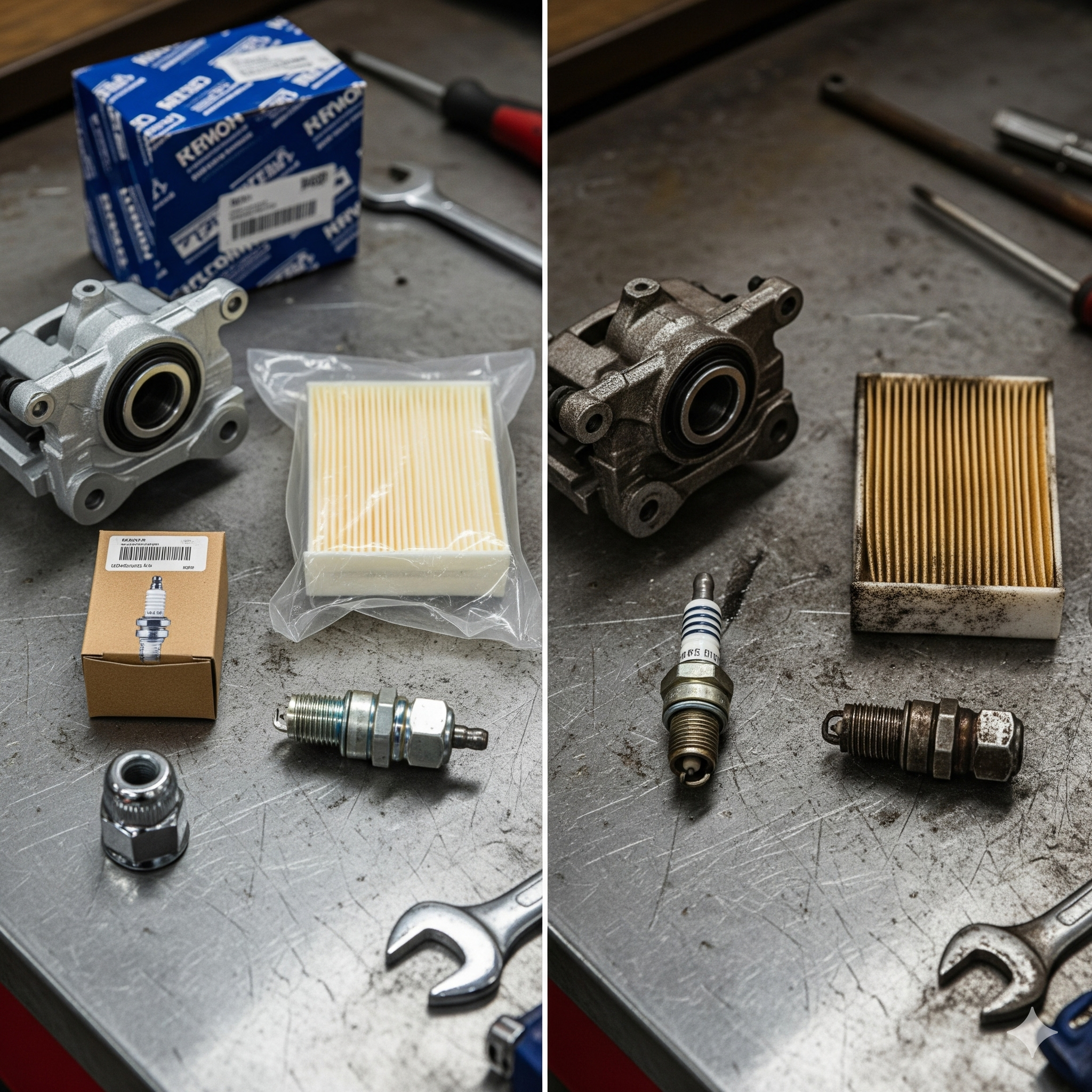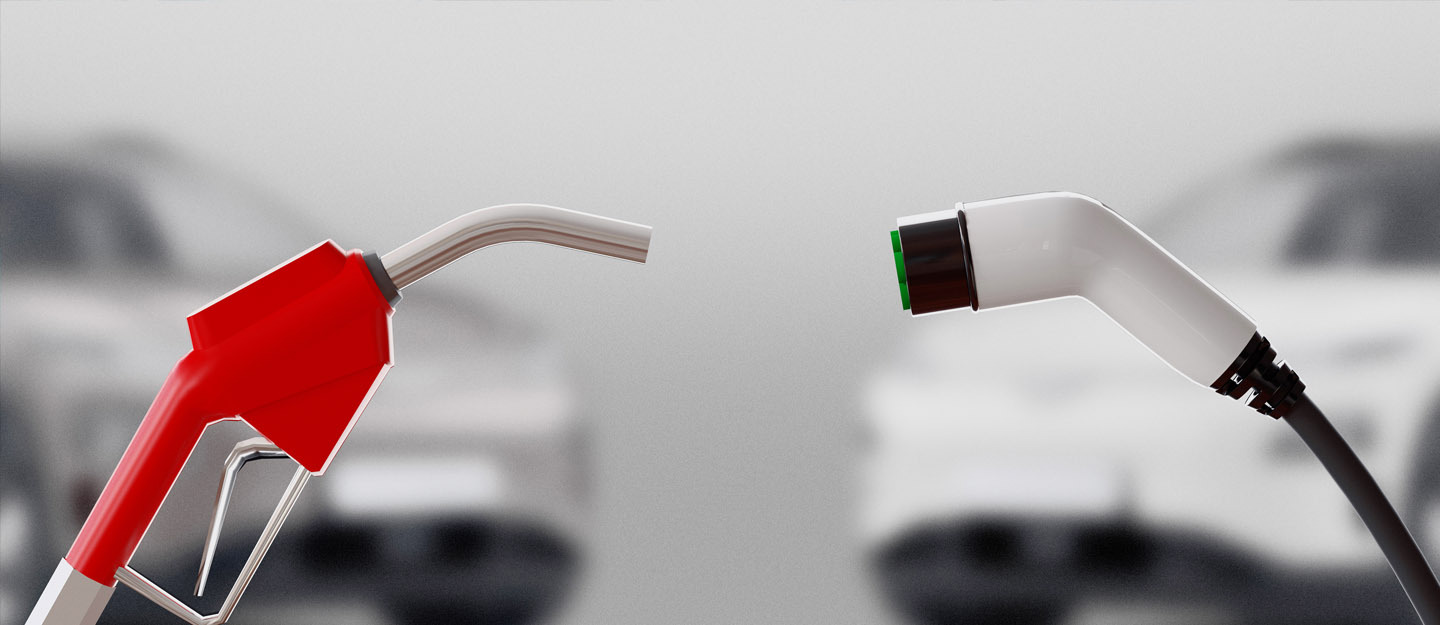What Is Car Tuning? How It Works, Benefits, and Performance Improvements Explained.
Learn what car tuning is, how it’s done, and how it improves performance, fuel efficiency, and handling for a better driving experience.
Post by: Sawiva | 2025-08-06 12:09:42
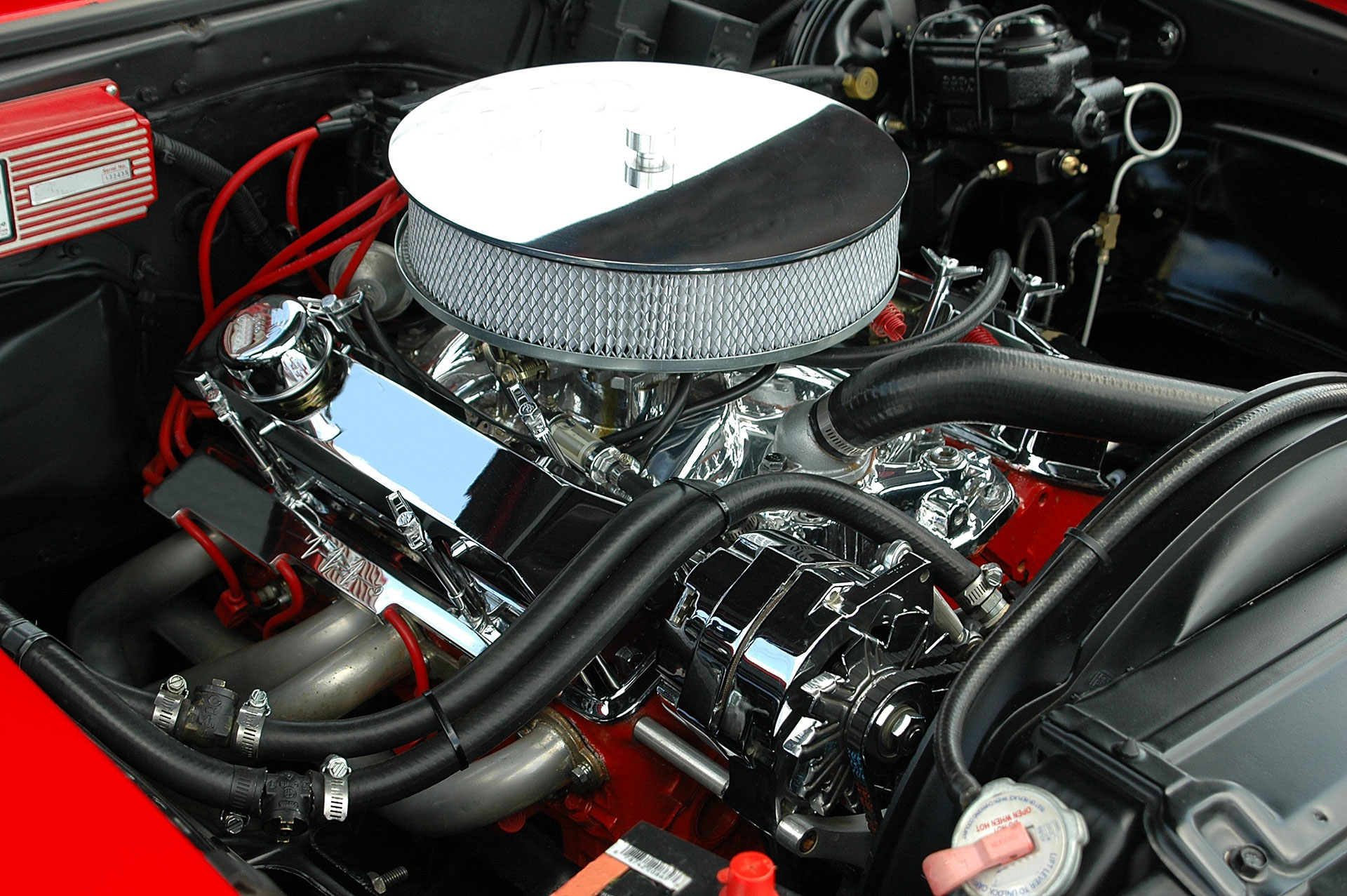
What Is Tuning a Car and How Is It Done?
Introduction
Car tuning is the process of modifying or optimizing a vehicle’s performance, handling, or appearance beyond factory specifications. Whether it’s for better speed, fuel efficiency, or just personal preference, tuning allows drivers to unlock their car’s true potential.
What Is Car Tuning?
Car tuning refers to adjusting or upgrading a car’s components and software to improve performance. Modern cars rely heavily on an Engine Control Unit (ECU) — a computer that manages fuel delivery, ignition timing, turbo pressure, and more. By “tuning” or reprogramming the ECU, mechanics can alter how the car behaves.
Tuning can also involve physical modifications, such as installing better exhaust systems, air intakes, suspension kits, or even turbochargers.
Types of Car Tuning
ECU (Remap) Tuning
This involves modifying the car’s software to increase horsepower and torque. It’s done using specialized tools that reprogram the ECU’s parameters for optimized performance.
Performance Tuning
This includes upgrading parts like turbochargers, fuel injectors, air filters, and exhausts. The goal is to enhance power and responsiveness.
Suspension Tuning
Adjusting or upgrading suspension components to improve handling, cornering, and ride comfort.
Aesthetic Tuning
While not performance-related, this includes modifications such as new wheels, spoilers, body kits, or interior upgrades to enhance the vehicle’s look and feel.
Transmission and Drivetrain Tuning
Optimizing gear ratios, clutch systems, or differential settings for better acceleration and control.
How Car Tuning Is Done
Diagnostic Scanning:
Mechanics first scan the car’s ECU to understand current performance levels and limitations.
ECU Remapping or Chip Tuning:
Specialized software is used to modify the car’s internal programming for better fuel-air ratios, ignition timing, and boost control.
Dyno Testing:
The car is tested on a dynamometer to measure horsepower and torque improvements in real time.
Component Upgrades:
Depending on the desired outcome, tuners may install performance parts like cold-air intakes, upgraded exhausts, or intercoolers.
Final Calibration:
After hardware or software changes, the car is fine-tuned to ensure reliability and efficiency under different driving conditions.
What Does Car Tuning Improve?
Increased Power and Torque
Proper tuning can boost horsepower and torque by 10–40%, making the car faster and more responsive.
Better Fuel Efficiency
When tuned correctly, the engine burns fuel more efficiently, potentially reducing fuel consumption.
Enhanced Throttle Response
Tuning sharpens acceleration and reduces lag, especially in turbocharged engines.
Improved Handling and Stability
Suspension and tire tuning enhance grip and control, particularly during cornering or high-speed driving.
Personalization
Tuning allows you to tailor your car’s performance and aesthetics to match your driving style and taste.
Is Car Tuning Safe?
When done by professionals using quality tools, car tuning is safe. However, poorly executed or excessive tuning can cause engine strain, overheating, or reduced lifespan. Always work with certified tuners and ensure upgrades match your car’s capability.
Conclusion
Car tuning transforms an ordinary vehicle into a performance machine, offering more power, better handling, and a personalized driving experience. Whether you’re a car enthusiast seeking speed or a daily driver looking for efficiency, tuning can elevate your ride — as long as it’s done responsibly.
